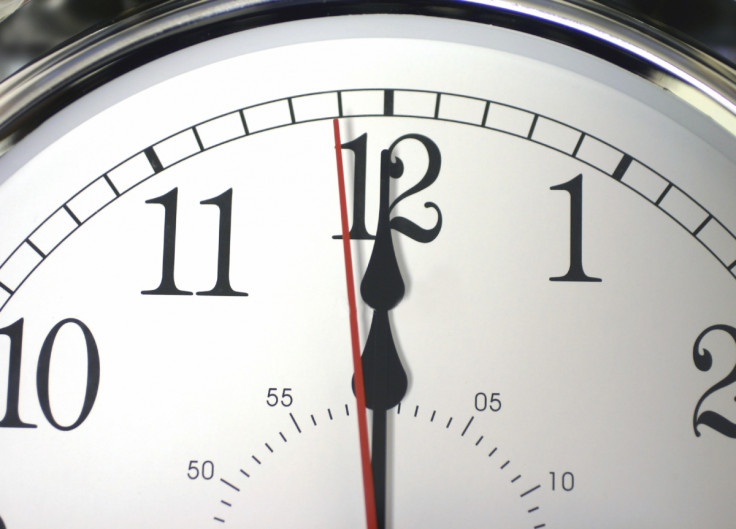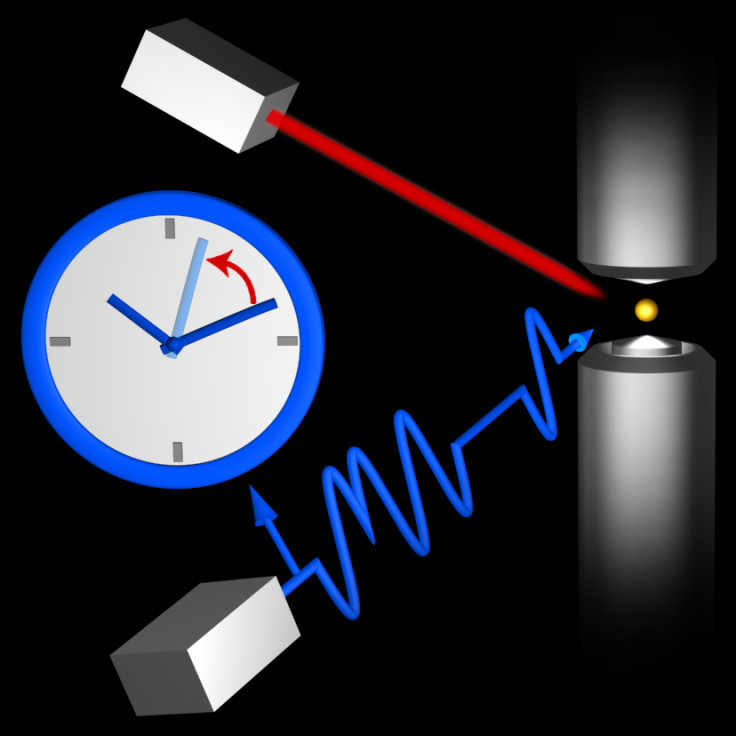Never be late again: World's most accurate clock created by scientists

Scientists in Germany have created a clock that attains an accuracy that was previously only predicted in theory.The atomic single-ion ytterbium optical clock, developed by experts at the Physikalisch-Technische Bundesanstalt (PTB) institute in Berlin, is a 100 times more accurate than the current best cesium clocks.
As the name suggests, cesium clocks contain the chemical element cesium to measure the interaction between microwave radiation and cesium atoms. This is then used as a reference point for defining the Standard International (SI) unit of time. Here's a more thorough explanation by the PTB:

"The definition and realisation of the SI unit of time, the second, is currently based on cesium atomic clocks. Their 'pendulum' consists of atoms which are excited into resonance by microwave radiation (1E10 Hz). It is regarded as certain that a future redefinition of the SI second will be based on an optical atomic clock. These have a considerably higher excitation frequency (1E14 to 1E15 Hz), which makes them much more stable and more accurate than cesium clocks."
One second is currently defined as the duration of 9,192,631,770 cycles of radiation produced by the transition between two energy states in cesium atoms. As reported by Science Daily, the scientists at the PTB are the first to have achieved a relative systematic measurement uncertainty of 3 E-18 using a single-ion clock, compared to the previous record of relative measurement uncertainty in the range of 1E-18 (give this a ago if you want to find out more).
If it all sounds a bit confusing that's because it is, but what this essentially means is that if you slap one of these on your wrist, you'll never have an excuse to be late again.
© Copyright IBTimes 2025. All rights reserved.






















